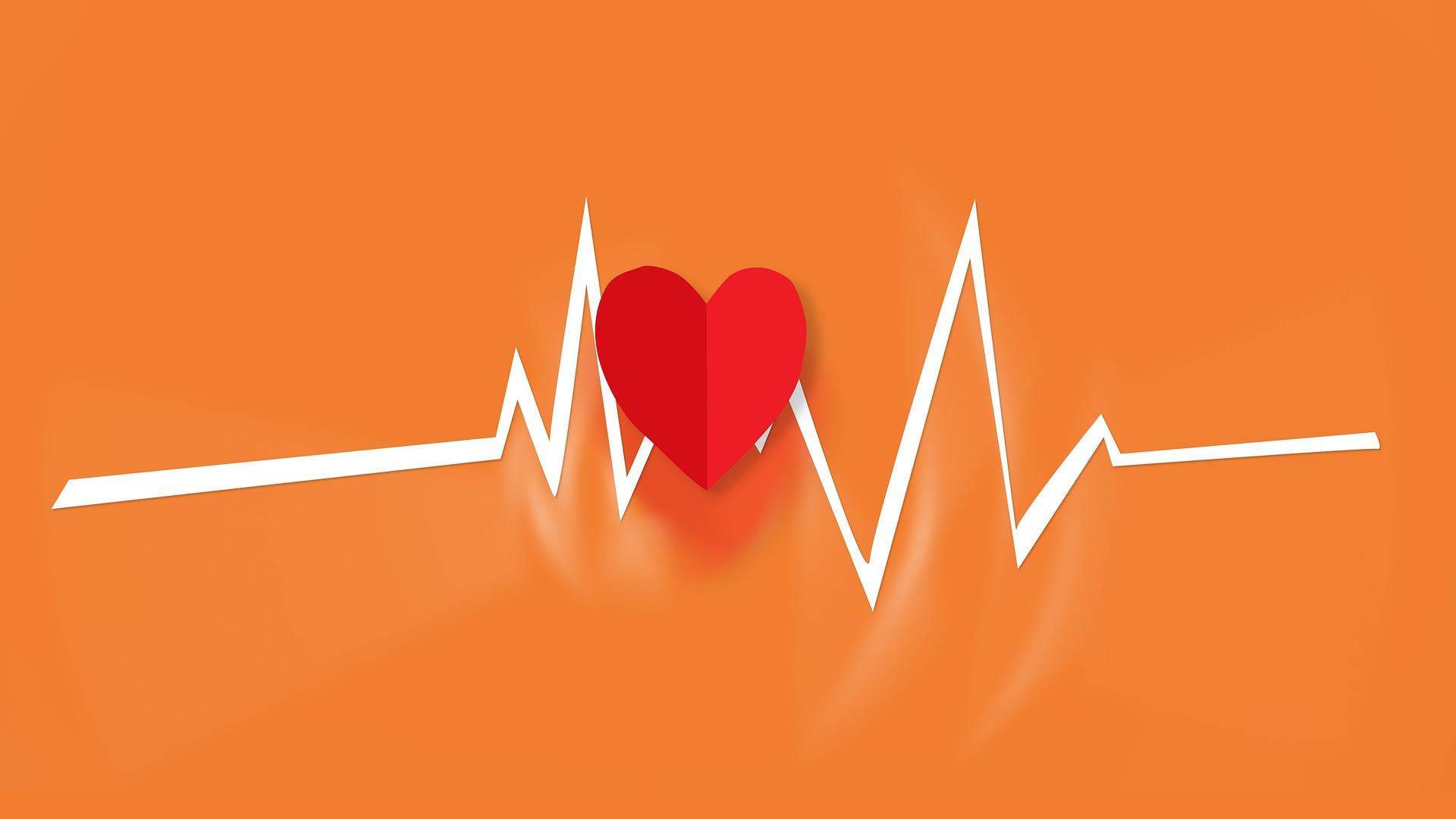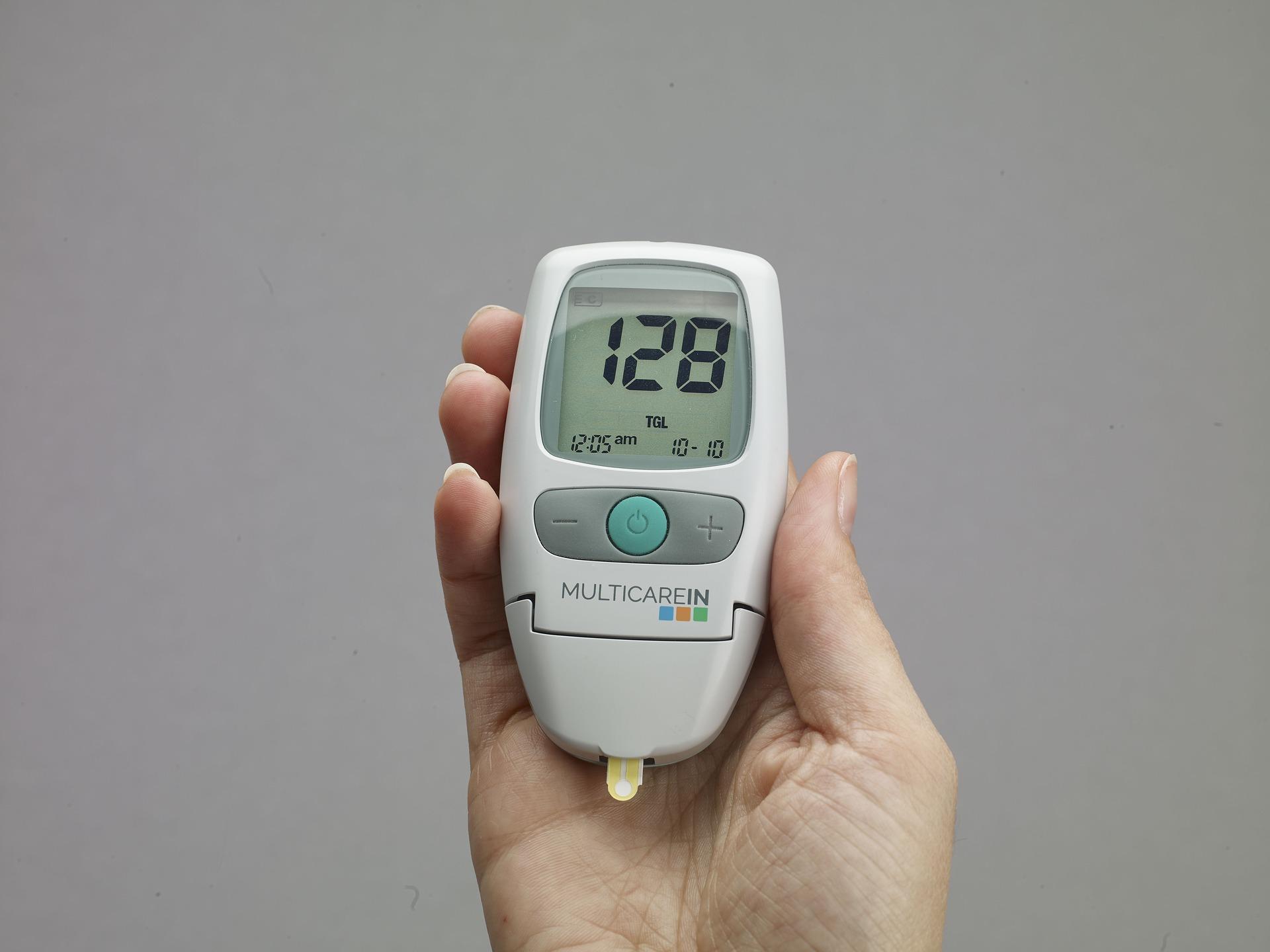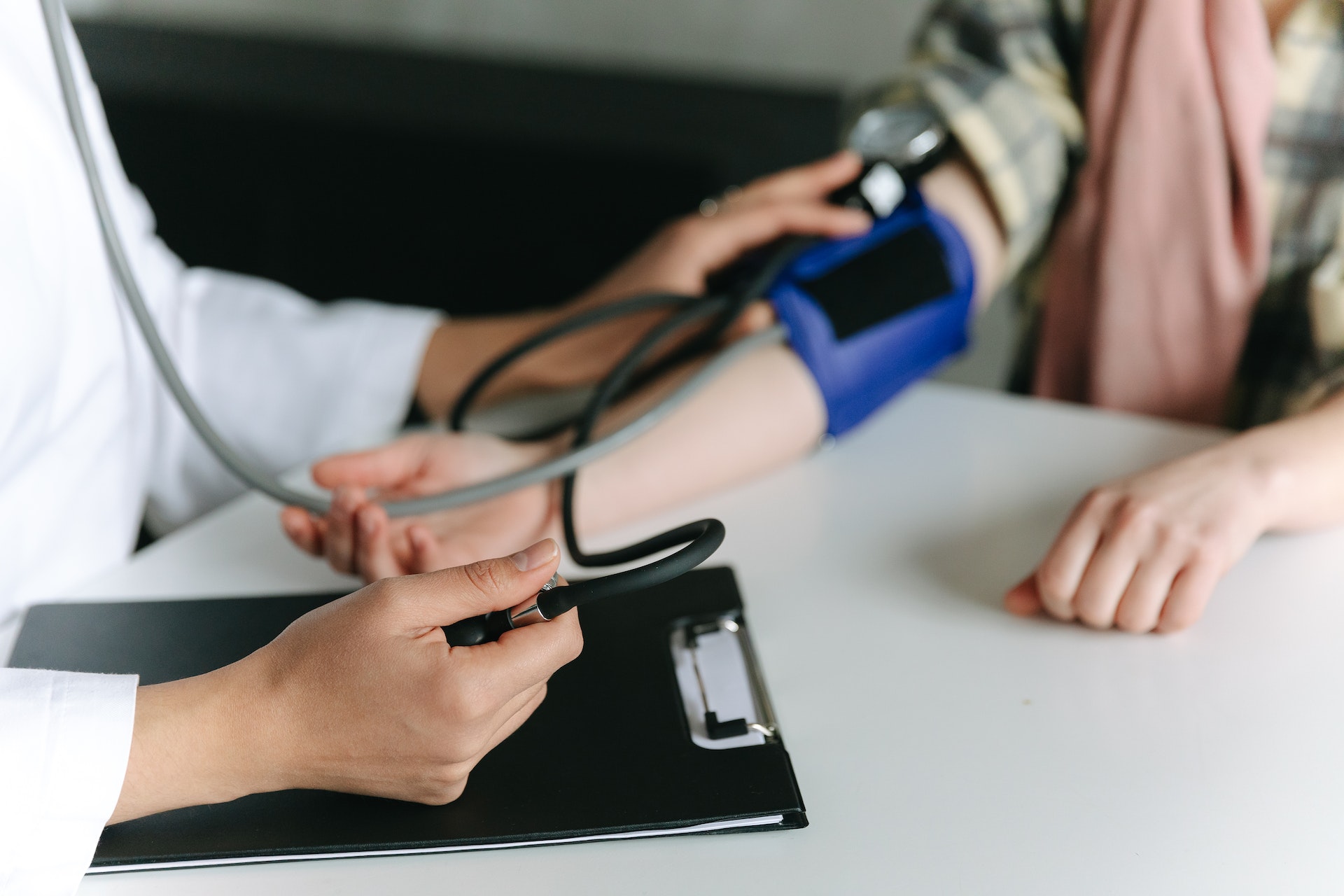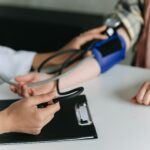There’s no doubt that the global healthcare industry has – and is – very much benefited from advanced technology but, can this technology be trusted? In this article, we’ll ask whether health technology is likely to cause misdiagnosis.

In 2022, technology for the health and medical industries is advancing in leaps and bounds. While this is, of course, a positive thing, there’s a question of whether there is a correlation between the advancement of medical technology and medical misdiagnosis claims.
In this article, we’ll be looking at the question, ‘is health technology likely to cause misdiagnosis’?
What is medical misdiagnosis?
This term refers to instances where a hospital, healthcare facility, or doctor has examined a patient and, essentially, come to the wrong conclusion when trying to identify what is wrong with the patient. Misdiagnosis can lead to a delay in the patient receiving essential medical treatment and, in some cases, will result in the patient’s premature death.
The same goes for missed diagnosis, whereby a healthcare facility or doctor has simply failed to identify symptoms which would lead them to a correct diagnosis. In cases of misdiagnosis or missed diagnosis, patients or their families will often enter the legal system in order to gain financial compensation.
Is health technology likely to cause misdiagnosis?

Advanced technology for the healthcare industry saves precious funds and frees up the time of physicians and medical professionals for hands-on treatment of patients, but can it be trusted? In this section, we’ll look at the likelihood that health and medical technology will lead to a misdiagnosis.
Equipment malfunction
Diagnostic technology can help to speed up and streamline patient diagnoses. However, just like any other kind of technology, it can experience defects and malfunctions.
When diagnoses made by technology are double checked by real life medical professionals, this shouldn’t present a problem. However, if a medical facility is choosing to simply trust the device, it is possible that a malfunction or defect can result in a misdiagnosis which will have a devastating impact on the patient’s short and long term health, as well as leaving the facility vulnerable to legal action.
Device setup
While diagnostic devices run on technology, they are set up and programmed by human beings who are, unfortunately, fallible. If a device is programmed incorrectly, this has the potential to cause misdiagnosis or missed diagnosis in a large number of patients. This could be catastrophic for both patients and medical facilities.
Most medical facilities now hire teams of technical staff who are responsible for programming devices and maintaining equipment. However, with the best will in the world, it is still possible for errors to be made due to human error.
Testing
When a hospital or medical facility begins to use new technology and equipment, they are often not given an adequate amount of time to test this technology. Unfortunately, a lack of testing is a fairly common example of technology leading to medical misdiagnosis in the UK.
Cybercrime

Although there have not, thankfully, been any recorded cases of misdiagnosis through hacking or other kinds of cybercrime, this is a very real possibility. If a criminal is able to gain access to hospital systems and diagnostic systems, there is a chance that they would then be able to make alterations or delete information which will lead to misdiagnosis in patients.
Unfortunately, it often takes some time for a facility or organisation to even discover that they have been a victim of cybercrime. In 2022, criminals are increasingly sophisticated in the use of advanced technology.
What to do if you believe you have been a victim of misdiagnosis
A medical misdiagnosis can have a devastating effect on victims and their families – often to a life-changing extent. If you feel that you or a loved one has been a victim of misdiagnosis, it’s important to gather as much information as possible. To begin with, you’ll need to ask for copies of any and all medical records and, where possible, make a note of all conversations and consultations with the doctor or the hospital.
Once you have this information, it’s important to secure the services of a medical solicitor as soon as possible, as there is a time limit for making a compensation claim. If the misdiagnosis occurred through an NHS doctor or NHS hospital, you have three years in which you are able to make a claim (although this may be extended if the victim is under the age of 18 or has limited mental capacities).
Once you have retained a solicitor, they will be able to advise you on your options in terms of making a claim. They will also be able to guide you through the process which can, at times, be complex and time-consuming.
Humans and technology working side by side
In 2022, we rely more and more on advanced technology – including within the medical sector. While this is extremely helpful, many feel that we need to proceed with caution.
Until this technology is tried and tested to an extent to which it is bulletproof, it is felt that diagnostics should be monitored extremely carefully to avoid cases of misdiagnosis which may destroy lives and cost medical facilities a huge amount of money in compensation claims. Many compare this to the use of a Sat Nav while driving – helpful technology but no substitute for common sense.
















